Russian ‘Spy’ Whale Found Dead in Norwegian Waters
A beluga whale, believed to have once been a Russian intelligence operative before charming Norwegian fishermen with his endearing smile, was found dead over the weekend. The whale, affectionately known as “Hvaldimir,” was estimated to be between 14 and 17 years old.
“He was sociable, playful, and fond of humans,” said marine biologist Sebastian Strand, who observed the whale’s white body floating lifelessly in Norway’s Risavika Bay on Saturday afternoon. “It’s far younger than we had hoped,” Strand added, noting that belugas typically live more than 30 years.
Autopsy Underway
The cause of Hvaldimir’s death remains unknown.
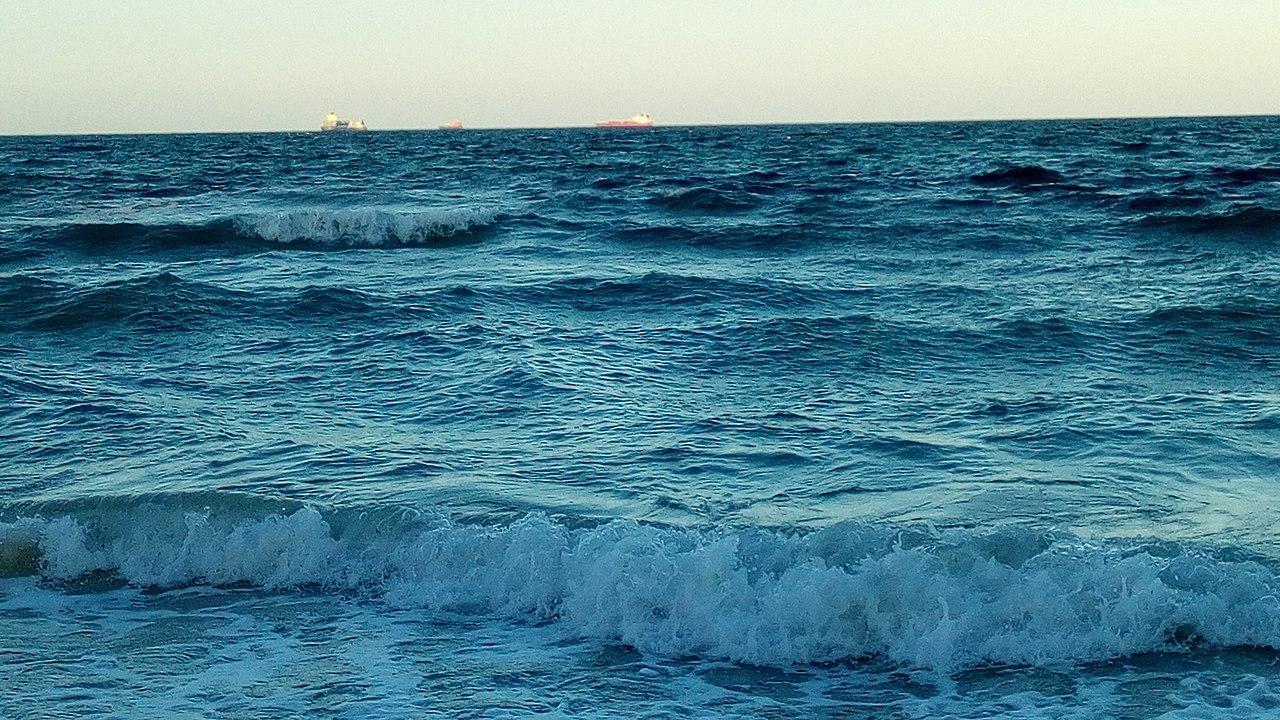
Source: Wikimedia
His body was transported to a cooling facility after being discovered, and an autopsy is currently underway, according to Olav Lekve, a spokesman for Norway’s fisheries directorate. The results are expected in a few weeks.
From Suspected Spy to Beloved Ambassador
Hvaldimir first captured global attention five years ago when he approached Norwegian fishermen wearing a harness labeled “Equipment St. Petersburg.” Locals gave him the nickname “Hvaldimir,” a playful mix of the Norwegian word for whale, hval, and Russian President Vladimir Putin’s first name.
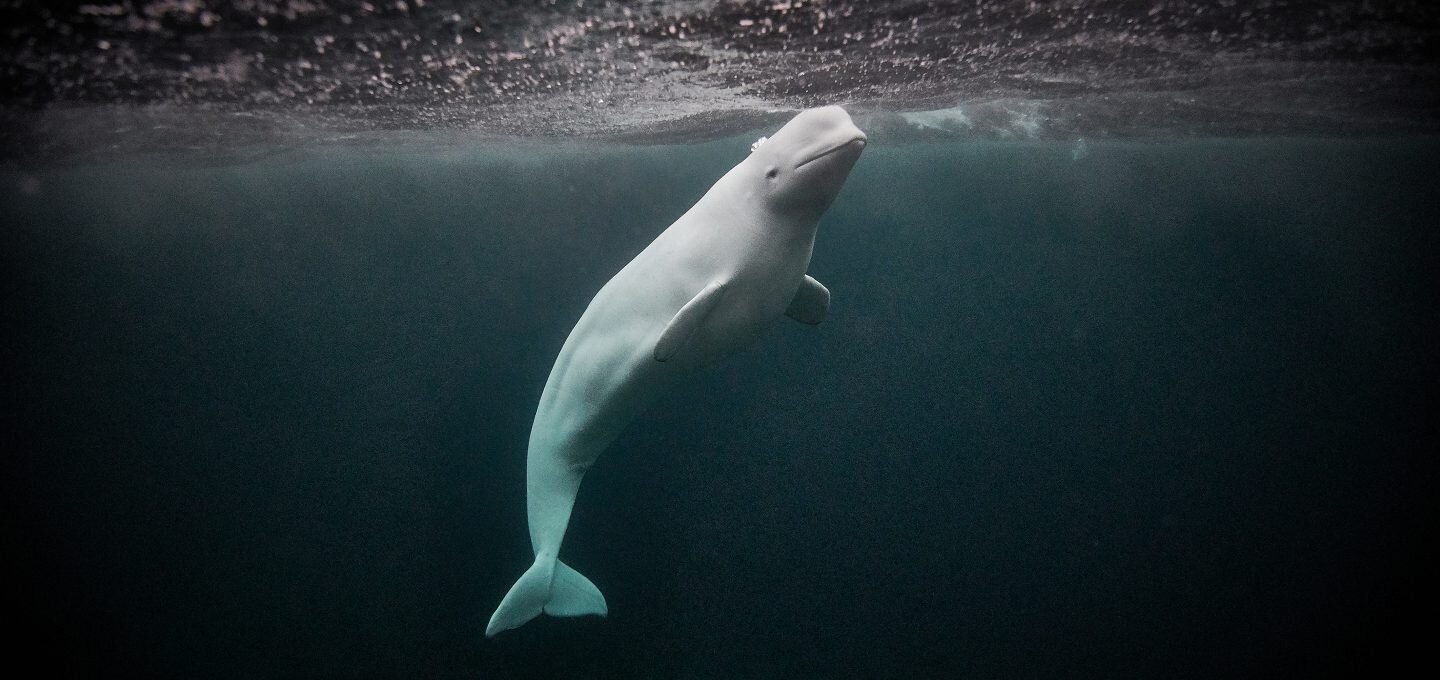
Source: OneWhale
Although the beluga whale may have initially been entangled in Russia’s geopolitical tensions with the West, Strand, who leads the advocacy group Marine Mind and has monitored Hvaldimir’s movements for years, believes the whale found his true role as an “ambassador between species.”
A Shift in Perception
“He did by every likelihood come from Russia; that was the source of his initial fame,” Strand said.
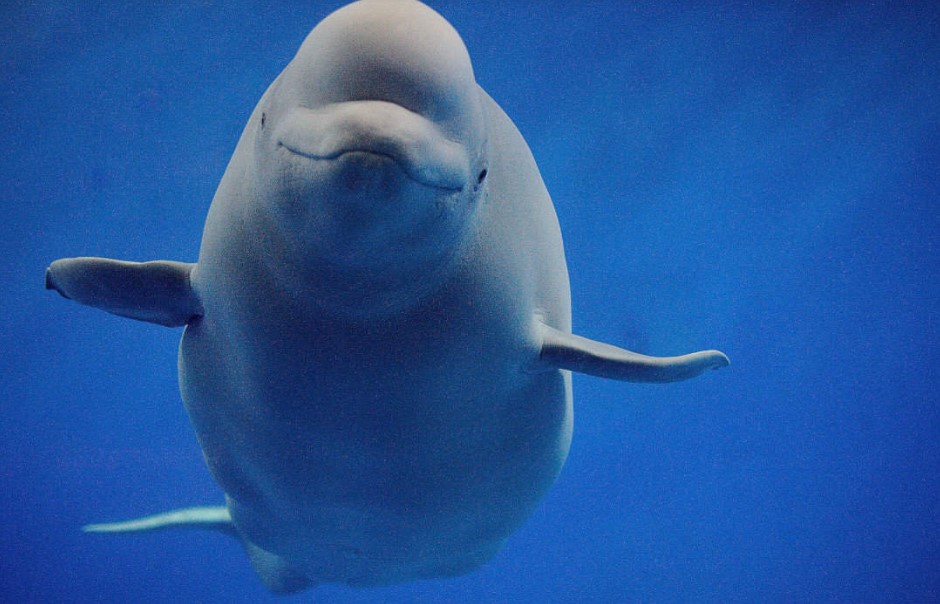
Source: The Animal Reader
“But over the years, the individual that he was, the way that he carried himself, his fondness for people, grew over that. I think people knew him more as ‘Hvaldimir’ than as the Russian spy.”
A Social Whale with Wanderlust
If Hvaldimir was trained by Russian handlers for espionage, he wasn’t very effective at it. By all accounts, Hvaldimir spent his days seeking attention wherever he could find it. “He was playful, and he was fond of humans. He would seek out contact with them,” Strand said. “Quite often, we would see him splash his fins across the water or aim his blow toward children to incite laughter.”
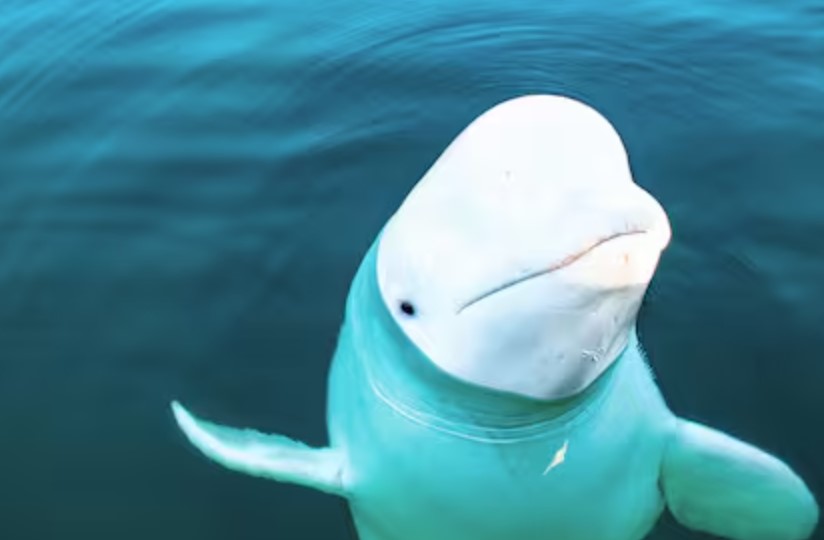
Source: La Nacion
Hvaldimir also traveled extensively. After spending time in Norway’s northern Finnmark region, which borders Russia, he ventured to more populated coastal areas and even visited Sweden.
Mystery Surrounds Hvaldimir's Harness
Researchers speculated that the harness Hvaldimir was initially discovered wearing might have been used to carry weapons or cameras, leading to suspicions that he was part of a Russian navy program rumored to train aquatic mammals as spies.
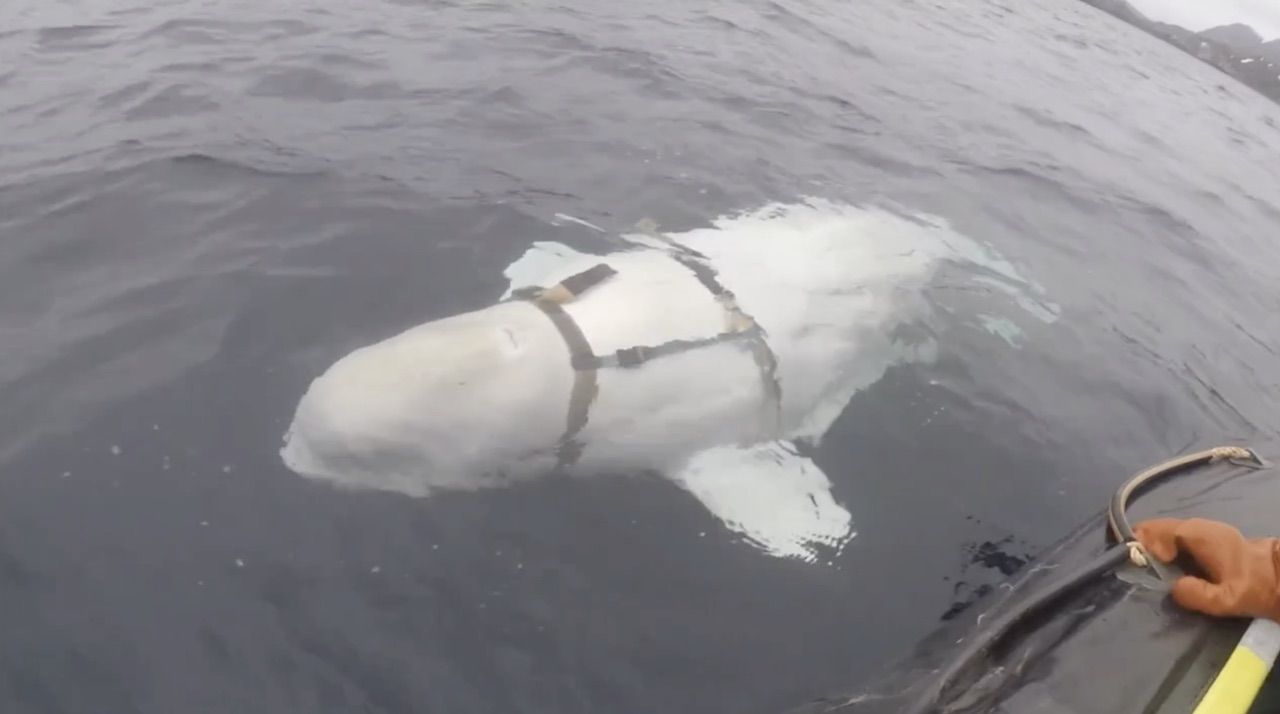
Source: Popular Mechanics
While Moscow’s Defense Ministry has denied such a program exists, it once advertised a $24,000 offer for five bottlenose dolphins. The exact purpose of Hvaldimir’s harness remains unclear. “We might never know with 100 percent certainty what his past entailed,” Strand said.
Sea Mammals in Military Service
The U.S. military has also utilized sea mammals for various purposes since the 1950s.
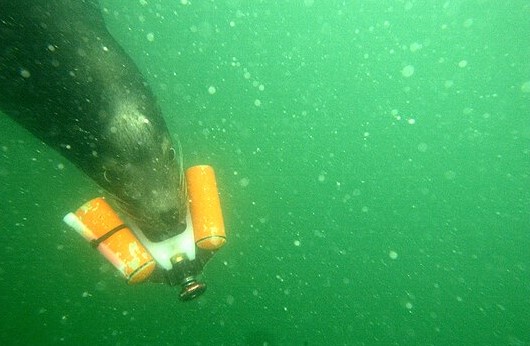
Source: Wikimedia
The U.S. Navy, for instance, uses dolphins and sea lions to locate mines, retrieve objects from the ocean floor, and gather intelligence, although they are not used for offensive operations.
A Somber Discovery
Strand said he discovered Hvaldimir’s body during a routine visit to waters where people had reported sightings of the whale.
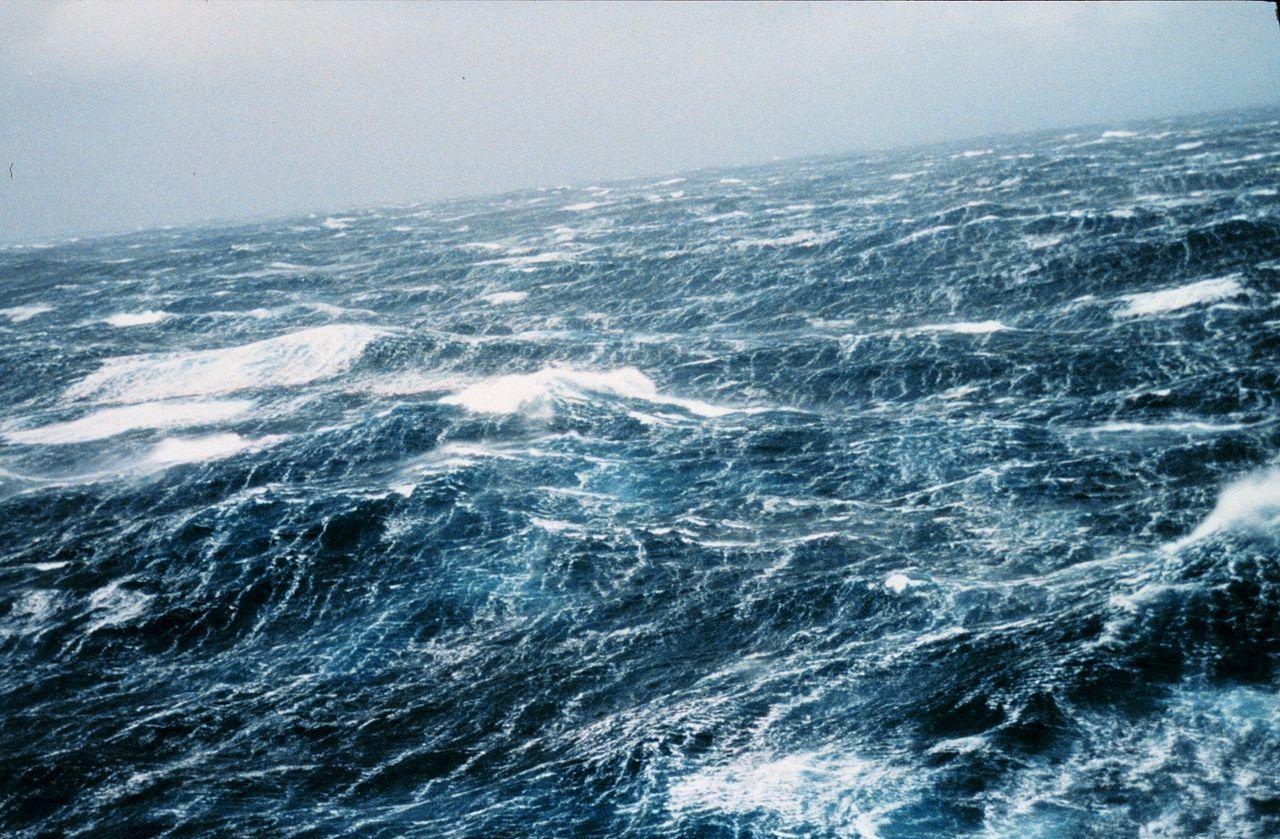
Source: Wikimedia
“Upon approach, I saw something white. … It didn’t move like Hvaldimir,” he said. “When we found him, there was no immediately obvious cause of death.”
Hvaldimir's Unusual Comfort Around Humans Raised Concerns
Regina Crosby Haug, a filmmaker whose organization, OneWhale, has advocated for Hvaldimir since 2019, said: “He didn’t have a fear of humans in the way that a beluga whale in the wild would have.”
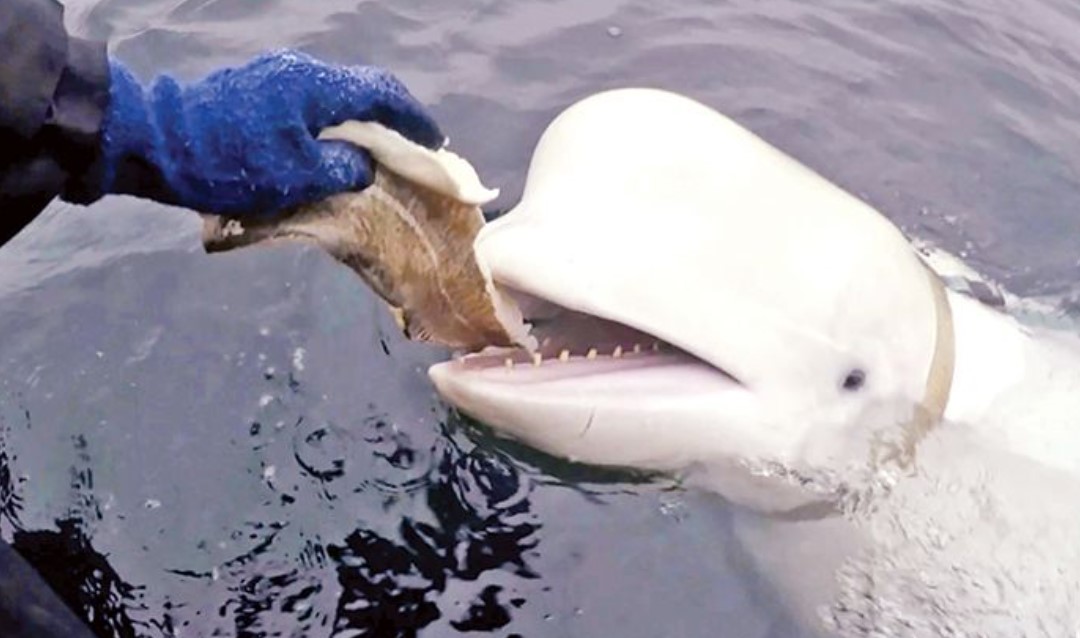
Source: Ahmedabad Mirror
“There’s a reason why animals have to have an inherent fear of humans and human activity. It’s because our world is a dangerous one for them,” she added.
Efforts to Relocate Hvaldimir
Crosby Haug, who had been working to relocate Hvaldimir to safer Arctic waters, said she secured official permits in June to move him.
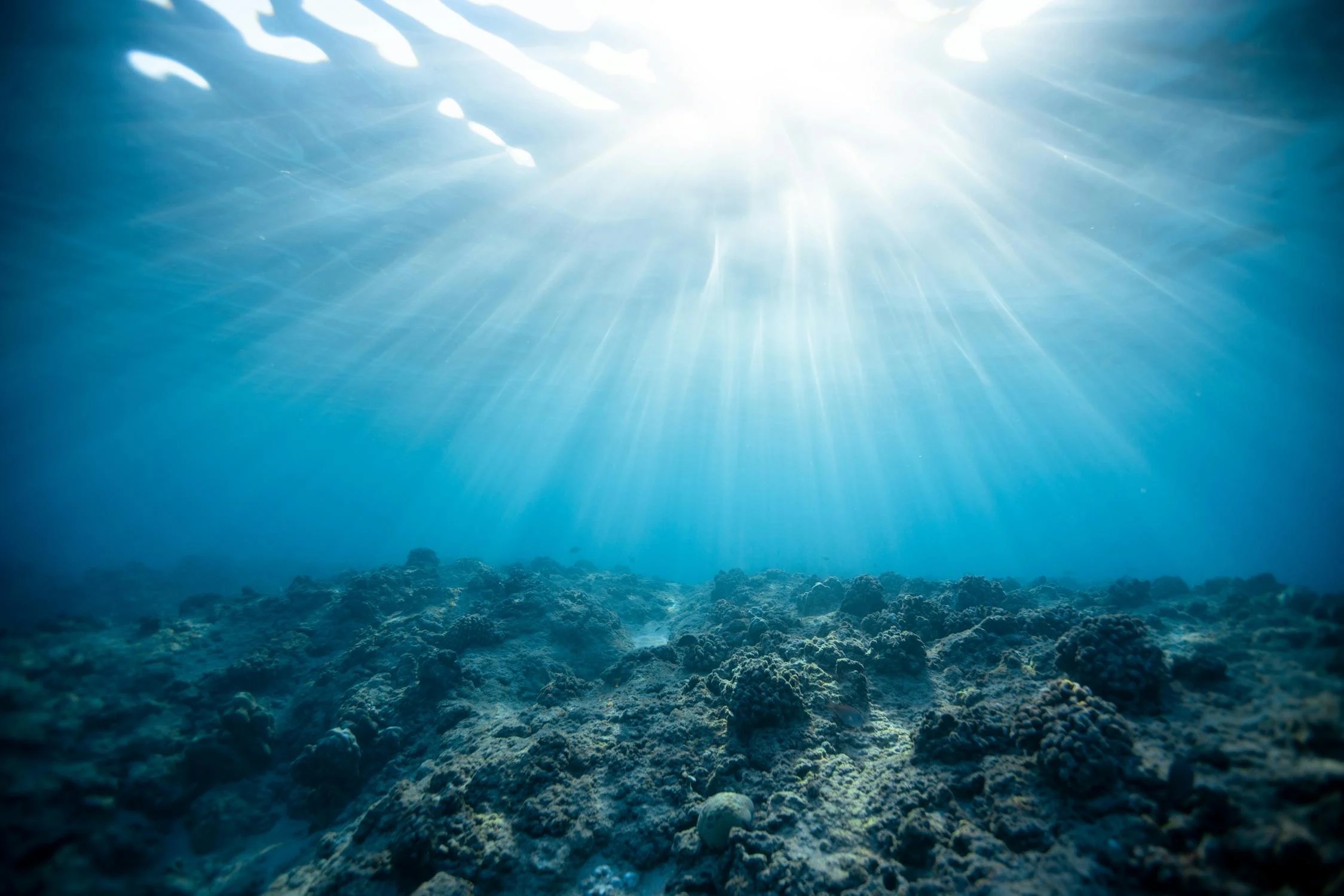
Source: Jeremy Bishop/Pexels
“It’s a terrible situation and a horrible ending to a long battle for his life,” she said.
Solitary Need
Hvaldimir’s unusual behavior in approaching humans and their boats may have been driven by his need for companionship as a solitary whale.
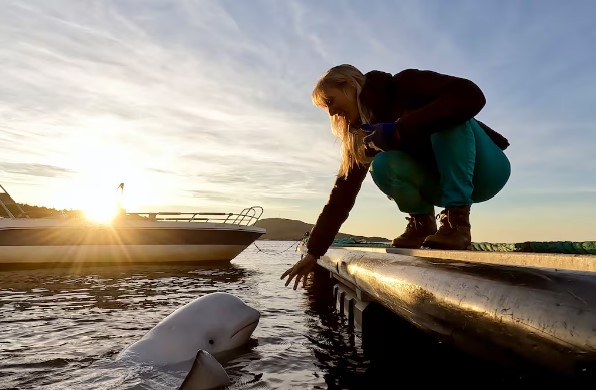
Source: The Globe and Mail
“That need is so strong that they come right up to boats, as they are attracted by sounds and by motors,” Catherine Kinsman, an expert in solitary whales, told The Washington Post in 2019.
The Double-Edged Sword of Affection
However, while Hvaldimir’s friendliness toward humans made him endearing, it may have also made him vulnerable. Kinsman had previously noted that his reliance on human care could make him dependent on being fed by others, and his need for companionship brought him dangerously close to boats.
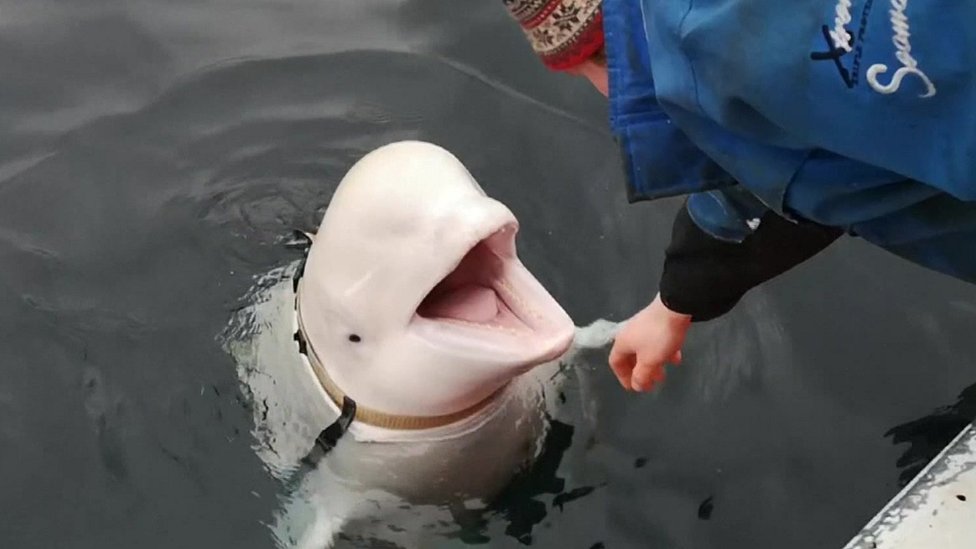
Source: Daily Ausaf
“He was an animal that took the hearts of many, many thousands of people,” Strand said. “I’ll be far from alone in mourning him.”
